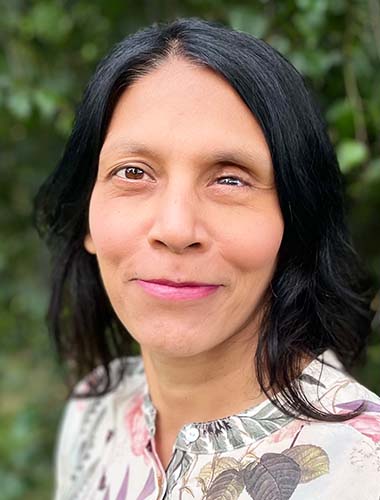Dr Halima Begum
Chief Executive
Education, Public and Third Sector

Dr Halima Begum is Chief Executive of the Runnymede Trust, the UK’s leading race equality think tank. A disabled Muslim woman, Halima was born in rural Bangladesh and raised in a working-class community in 1980s East London. It was largely thanks to a community support campaign in her Brick Lane neighbourhood that Halima’s eyesight was partially saved as a toddler. Halima has worked tirelessly to achieve equality across minority communities since her teens, co-founding Women Against Racism to challenge the rise of the National Front in Millwall in the early 1990s. She began her career with the Commission on a Multi-Ethnic Britain and has subsequently gone on to hold senior leadership positions with a range of organisations including the Foreign, Commonwealth and Development Office, the British Council and LEGO Foundation.
Her work has seen Halima support disabled communities as far afield as Rwanda and Nepal, particularly in the area of children’s access to education. She sits on the board of bodies including the NHS Race and Health Observatory, ITV’s Cultural Advisory Council, and Toynbee Hall. In the last year, her leadership has been particularly visible in the aftermath of the murder of George Floyd and through the COVID pandemic, during which she has vigorously supported the equitable rollout of the COVID vaccine to ensure protection from the virus was expedited to some of the country’s most vulnerable minority groups.
“As a young child, to get to school I would have to pass the National Front bookstand outside the front door of the East End squat where my family lived. The way that my race, faith and disability were targeted each time I left the safety of my own home, sometimes in the most brutal fashion, gave me the courage and certainty to know that we must always stand up for the dignity and equality of others. I have tried to live by that belief, which seems just as valid now as we navigate a global pandemic and the broader questions linked to the achievement of equality in all its forms, as ever before.”
